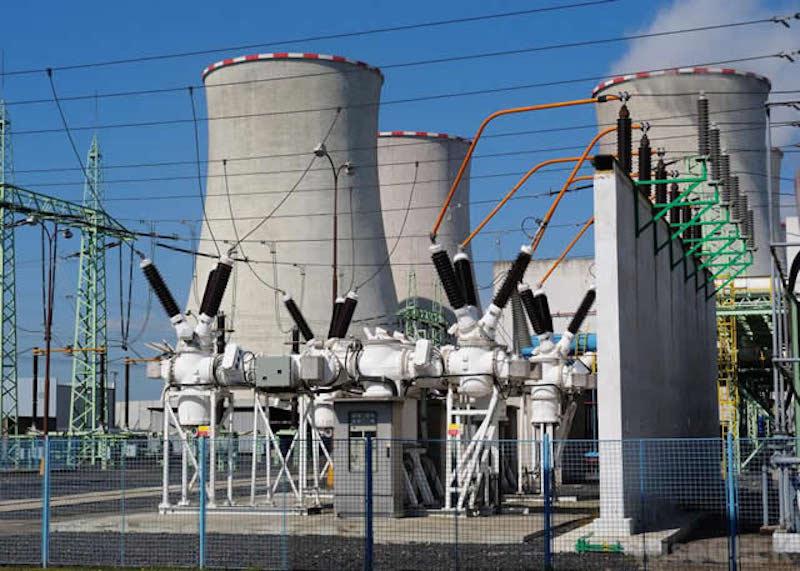
…the position of the GENCOs is that the total outstanding invoice on deemed capacity must be added to market revenue gap for payments.
Despite the increased capacity in power generation in recent times, Nigerians are worried and they are asking burning questions: Why have we not seen this new capacity reflected in our homes in terms of the availability of electricity to power our refrigerators, fans and television? Why is electricity supply not better as promised?
The answers to these questions are mostly that the newly added capacities have been constrained from reaching the electricity end users by a number of factors. The truth is that the country needs electricity to power its industries, and functional industries, in turn, are some of the ingredients for the nation’s economy growth.
However, the big questions are:
● What are the constraints to the generation companies’ capacities to convert the over 7,500 megawatts [MW] available electricity into useable energy?
● Is there any justification for the factors constraining the available electricity generation capacities?
● Have the GENCOs been receiving their revenue for these constrained capacities (otherwise called deemed capacities) since the constraints are due to no fault of theirs?
The answers are many. First, the grid code demands that all network users, including the GENCOs, should, as a matter of rule, obey all instructions from the system operator. Therefore, despite the GENCOs’ efforts to increase their available capacities and effectively nominate these on a daily basis, an operator has the grid right to instruct any GENCO to reduce or cut down on its nominated capacity.
To safeguard the grid from partial or total system collapse, the system operator is justified for issuing such instructions.
Consequently, since November 2013, the legacy GENCOs are yet to be paid for the deemed capacity.
For a GENCO to nominate any capacity, it must make effective commitments as per gas supply for thermal plants and other equivalent necessary overhead costs applicable to both thermal and hydro plants. Costs associated with deemed capacity are legitimate expenses that must be recovered. When there are restrictions on the grid, either due to load rejection on the part of the DISCOs, or congestions on the transmission network (line cuts, transformer faults, etc.) to evacuate available capacity, the operator instructs the GENCO to ramp down on its nominated capacity, and the GENCO must comply.
In global electricity markets, compelling a power generating station to reduce its generation in order to maintain the power grid attracts financial costs as contained in their power purchase agreements (PPAs).
The Nigerian electricity market cannot be different. Clearly, the Transitional Electricity Market (TEM) Order No. NERC/14/0008, Section 16B paragraph 1 & 2 OF 2014 says the generator will be paid for the generation capacity utilised to deliver electrical energy.
This is in addition to the deemed capacity, that is the capacity that should have been delivered, but for the system operator’s instruction to the said generator to derate or reduce its capacity to achieve grid balance and stability.
Payments for deemed capacity over this period has run into billions of naira that would have been used in maintaining generating plants and paying for already purchased/contracted gas and services.
Compelling a generator to ramp up and ramp down at unscheduled time affects the equivalent operating hours and stresses the internal parts of the machine, thereby reducing the plants’ lifespan.
Generating plants can, therefore, no longer sustain themselves, as the percentage of their revenue received does not cover their operating costs.
History has shown in the past three decades how generating plants were run right to the ground by the defunct National Electric Power Authority (NEPA) and later the Power Holding Company of Nigeria (PHCN) without paying attention to scheduled maintenance and overhaul.
This new breed of determined operators have continued to maintain standards by increasing their national generation capacity without being paid rightly for their services. It is only a matter of time for them to run out of funds to maintain the generation capacities and also to produce the much-needed energy for the nation. As a matter of urgency, generation companies want all relevant government agencies to:
● Facilitate the payment of the outstanding invoices;
● Transmission Company of Nigeria (TCN) to improve the reliability of the power grid system to avoid incessant blackouts and incidences of deemed capacity (stranded generation); and
● Maintain grid-acceptable frequency limits of between 49.5Hz and 50.5Hz at all times.
In other words, the position of the GENCOs is that the total outstanding invoice on deemed capacity must be added to market revenue gap for payments.
Joy Ogaji is the Executive Secretary, Association of Power Generation Companies, APGC.
END

Be the first to comment